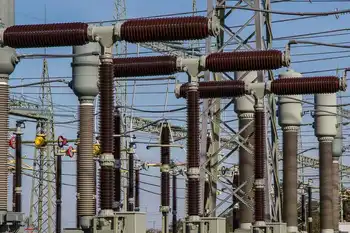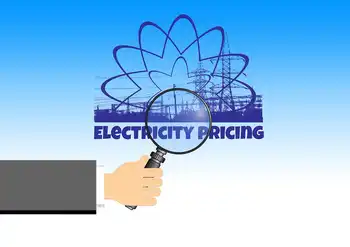Appeal to lower bills loses
MANILA, PHILIPPINES - A campaign that was aimed at lowering people's electric bills has lost its case before the Filipino Court of Appeals.
The court has junked the petition of Senator Juan Ponce Enrile, Bishop Teodoro Bacani and 39 other petitioners questioning the constitutionality of the collection of the National Power Corp. (Napocor) and of the Manila Electric Co. (Meralco) of the controversial power purchase adjustment (PPA) and power purchase cost adjustment (PPCA). Both are additional rates imposed based on the power consumed by households, and added to their respective electric billings.
In a four-page resolution, the Court of Appeals dismissed the petition of Enrile and the other petitioners because of a technicality. The appellate court ruled that the petitioners failed to comply with its resolution dated July 20, mandating both parties to file their manifestation if there are supervening events that would render the case moot and academic.
The court also pointed out that Enrile and the other petitioners have shown lack of interest in the case in line with provisions in the Rules of Court. The decision was penned by Associate Justice Ramon Garcia.
Other appellate justices who concurred in the ruling are magistrates Josefina Guevara-Salonga and Vicente Roxas.
In its July 20 resolution, the Court of Appeals warned that the petitioners' failure to file their manifestation would be ground for the case's dismissal.
Enrile, Bacani, Linda Montayre, Herman Tiu Laurel and several other personalities filed their petition for certiorari with prayer for a temporary restraining order and/or writ of preliminary injunction on June 11, 2002, before Pasig Regional Trial Court Judge Alfredo Flores assailing the constitutionality of section 34 of Republic Act 9136, or the "Electric Power Industry Reform Act (EPIRA) Law."
The petitioners wished to enjoin Napocor and Meralco from imposing and collecting the power purchase adjustment and power purchase cost adjustment.
Judge Flores junked the petition on June 21, 2002, and the subsequent motion for reconsideration on October 3, 2002. The petitioners elevated the case with the Court of Appeals, which was assigned to then-Presiding Justice Ruben Reyes. The case was unloaded by Reyes when he was promoted to the Supreme Court. It was later raffled off to Justice Garcia.
In the Court of Appeals, Napocor asked for the dismissal of the case since supervening events had set in since "the subject PPA and PPCA charges are no longer included in the rate structures being charged by respondent Napocor to its customers, including respondent Meralco."
Napocor also argued that "there is in place a generation rate adjustment mechanism (GRAM) and incremental currency exchange rate adjustment (ICERA), which replaced PPCA and FOREX bundled rates. The implementation of these cost adjustments (is) subject t regulatory process, such as public hearings, before their approval by the (ERB)."
Meralco also prayed for the junking of the case since the power costs are now computed based on the guidelines for the automatic adjustment of generations rates and system loss rates of distribution utilities (AGRA) adopted by the Energy Regulatory Commission.
Adjusting the power rates is part of Meralco's mandate, while the validity of the power purchase adjustment as a special power rate has been upheld by the Supreme Court since 1986.
Related News

All-electric home sports big windows, small footprint
VANCOUVER - Heat pump provides heating, cooling in northern B.C. home
It's a tradition at Vanderhoof-based Northern Homecraft that, on the day of the blower door test for a just-completed home, everyone who worked on the build gathers to watch it happen. And in the spring of 2021, on a dazzling piece of land overlooking the mouth of the Stuart River near Fort St. James, that day was a cause for celebration.
A new 3,400-square foot home subjected to the blower door test – a diagnostic tool to determine how much air is entering or escaping from a home – was…




